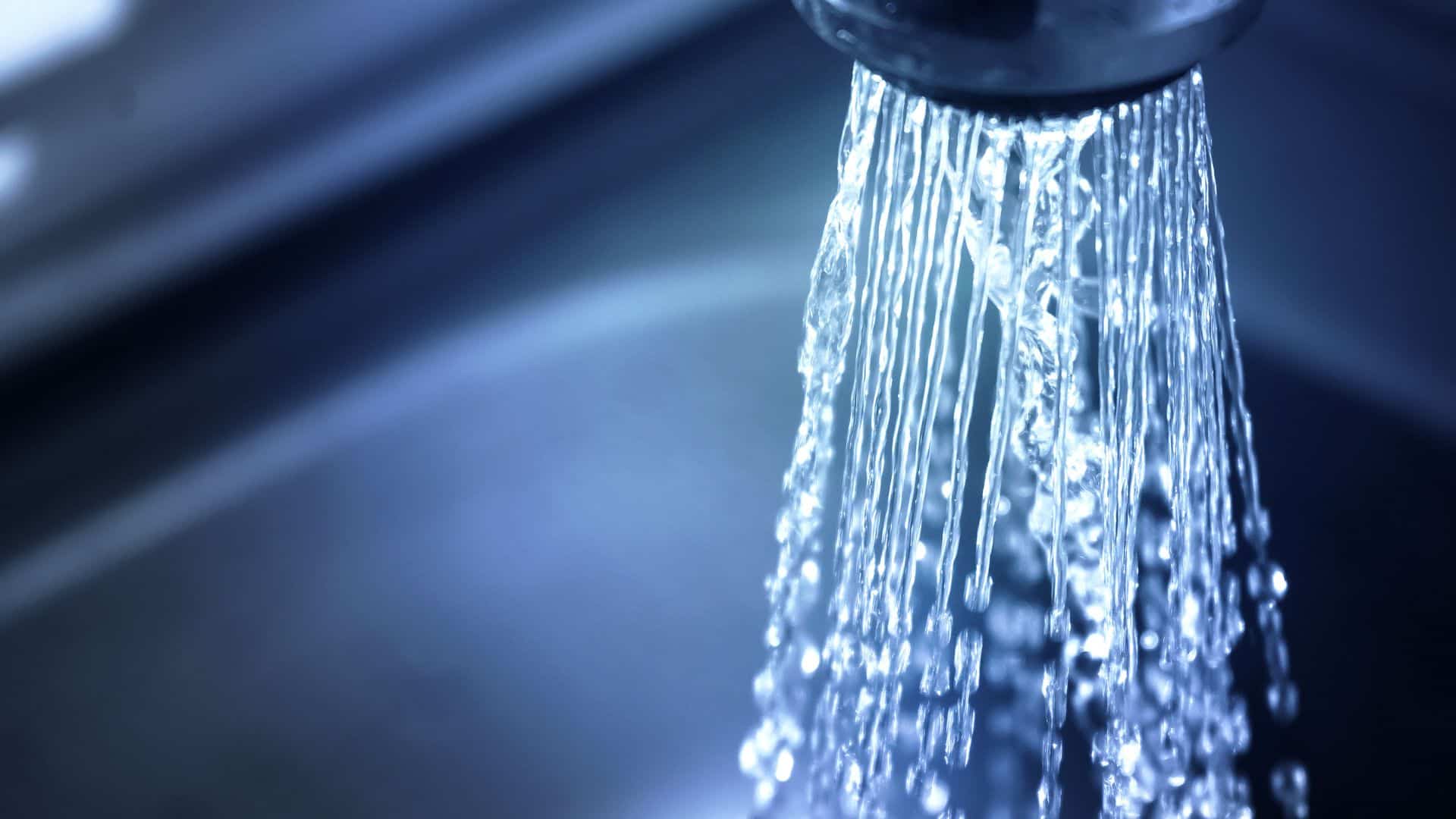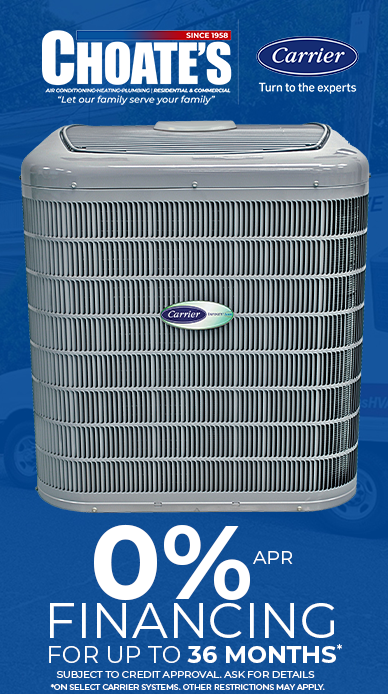901 755 4797
Common Water Heater Problems—and What to Do About Them…
It’s simple: you need on-demand hot water. From bathing and showering to washing clothes, cleaning dishes, and more, it’s essential you have access to hot water whenever you need it—and that’s exactly where your water heater comes into play.
While the typical water heater will last for years if not decades issue-free when issues do arise it’s essential to spot them early—and to troubleshoot fast. Whether you have a gas-operated or electric heating unit, there are some universal signs that a problem could be lurking—starting with these tell-tale signs, and a few quick fixes to try on your own.
After that, get in touch and our expert team will help you get your hot water back on track.
Problem 1: You’re only getting cold water…
If you’re only getting ice-cold water from your faucets, showers, and sinks, there could be a few causes. Likely, the heating elements inside your water heater are broken or not working properly—or, potentially, your thermostat is incorrectly set.
If those aren’t the issue, it’s possible the power source for your electric water heater has been interrupted—this is commonly caused by a blown fuse or tripped circuit breaker. If that’s the case, it’s often a matter of switching the breaker back on or adjusting the thermostat, and from there, your hot water will be back up and running.
Problem 2: The water coming out is dirty or discolored
If your water is a rusty color, don’t panic—it doesn’t mean your water is dirty or contaminated. Chances are, rust-colored water is the result of actual rust—and it’s very common.
When the sacrificial anode rod—a piece inside your water heater—fails, the tank starts to rust. When that happens, you may start to see discolored water. While, sometimes, tanks can be repaired, in most cases this signals the need for a new water heater tank.
Problem 3: Your water is leaking or you’re noticing pools of water
Leaks or pooling water can signal a variety of issues from poor plumbing connections to leaking gaskets to corroded water heater storage tanks. Get in touch for a quick assessment and comprehensive plan of attack to ensure you’re treating the real problem and not spending time troubleshooting everything else.
Problem 4: Your pilot light isn’t igniting
If your pilot light goes out, it can usually be relit instantly. But if you’re unable to relight the pilot light, there could be an issue behind it—a bad gas valve, for example, or a faulty thermocouple. This, also, should be assessed by a pro—get in touch and our trained techs will be onsite fast.
Problem 5: Water gets warm, but not hot
If your water heats up a little but doesn’t get as hot as it should, there’s usually a quick fix—and, usually, that quick fix involves simply adjusting the thermostat. Often, homeowners can do this on their own—simply inch up the setting on your water heater’s thermostat until you get the right amount of hot water.
Problem 6: Water gets way too hot
Or maybe you’re having the opposite problem—maybe your water comes out boiling hot. While it may not seem like an issue, too-hot water can be a safety issue, especially if you have small children in your home. If that’s the case, simply turn down the water heater’s thermostat until the water isn’t so scalding.
Problem 7: Your water has a strange smell or noticeable odor
Does your water smells like rotten eggs—or notice a similar smell around your water heater? You could have bacteria sitting in the sediment along the bottom of the water heater. Bacteria create gases that can come up through your pipes and out when you turn on the water. This isn’t a small task so don’t go it alone. Contact us for a free assessment and the next steps.
Having water heat issues? Don’t wait—a quick fix can become a major headache if you ignore these initial warning signs. Contact us today to learn more and schedule your free consultation.


